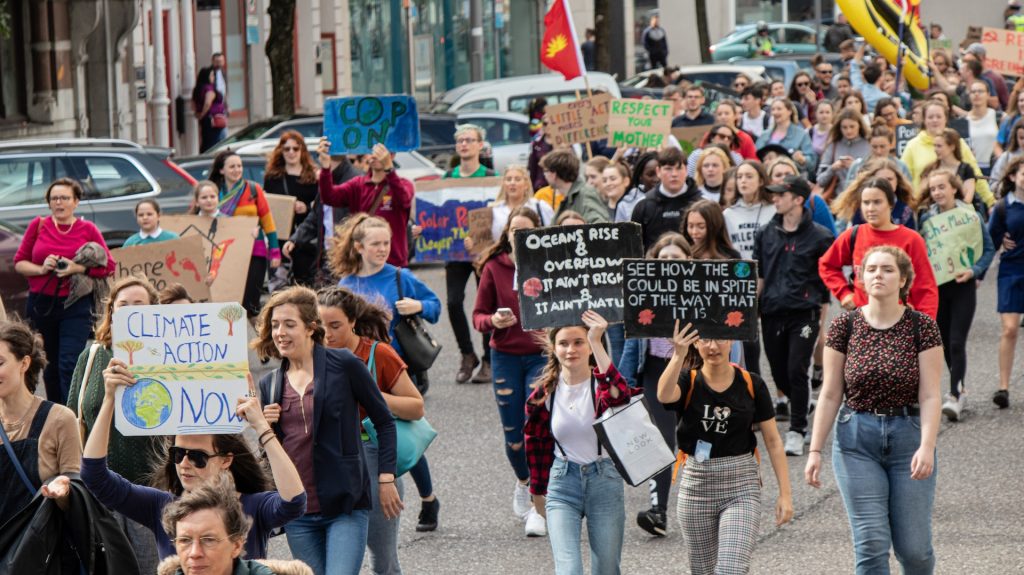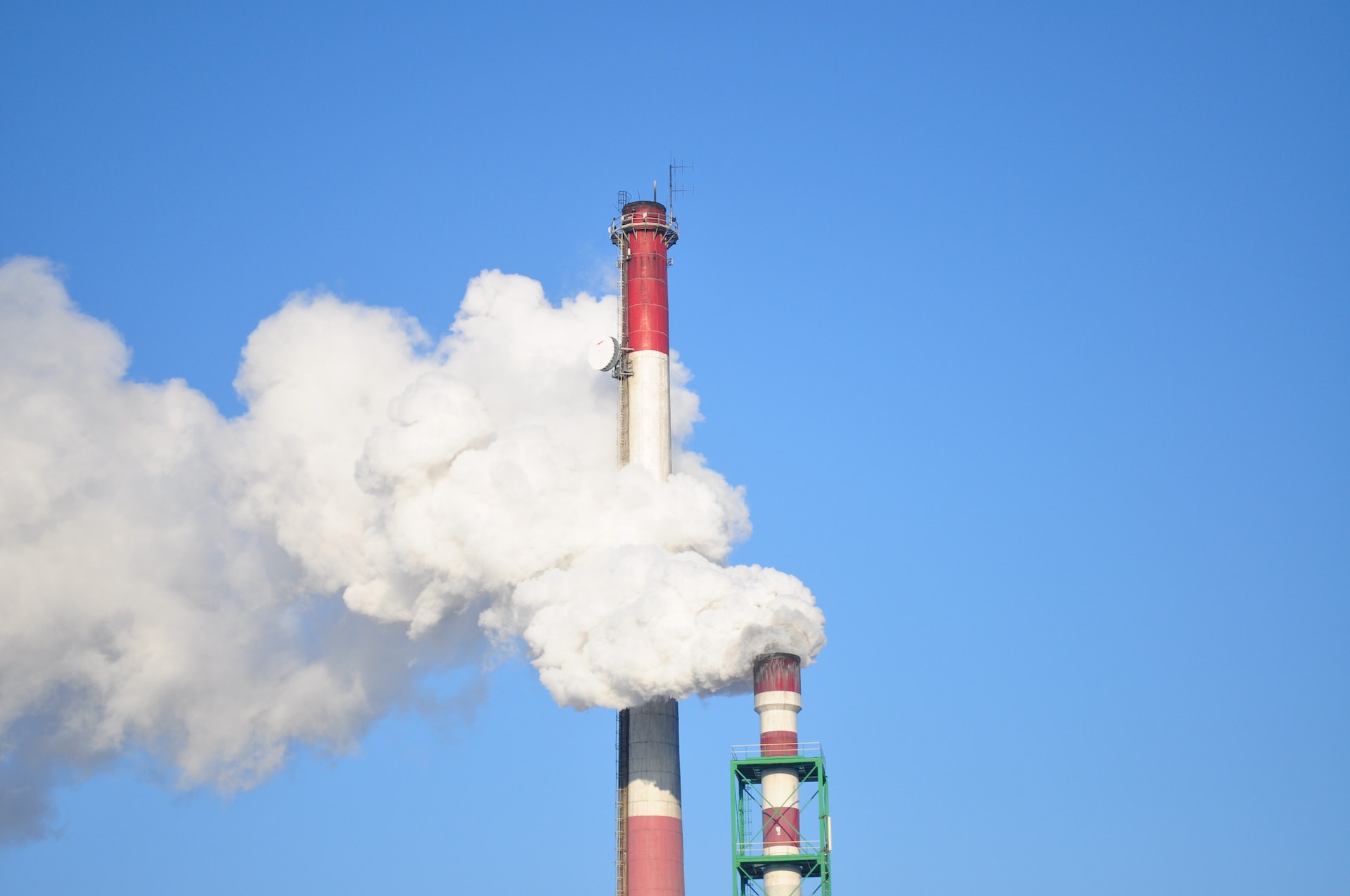
Climate Change: Understanding the Global Crisis and Our Role in the Solution
As global temperatures continue their upward trajectory, the term “climate change” has become an omnipresent phrase in daily discourse. Yet, many remain perplexed about its fundamental nature and implications. We break it down for you, addressing the issue from its causes to its consequences and the collective action being taken to mitigate its effects.
Climate Change Demystified
At its core, climate represents the long-term averages of weather conditions in a given region. Climate change, on the other hand, denotes shifts in these averages. While our planet’s climate has experienced natural variations over eons, the sharp acceleration witnessed in the last century is indisputably anthropogenic.
This human-induced warming primarily stems from the prolific consumption of fossil fuels like coal, oil, and gas. As these fuels combust, they emit greenhouse gases—mainly carbon dioxide (CO2)—which act like a thermal blanket, trapping the Sun’s warmth and raising Earth’s temperatures. Since the dawn of the Industrial Revolution, atmospheric CO2 levels have surged by over 50%, culminating in a global temperature hike of approximately 1.1°C compared to the late 19th century.
The Tangible Repercussions
A 1.1°C spike might appear inconsequential, but its ramifications on our environment are profound. These include:
- Enhanced frequency and severity of extreme weather events.
- Rapid glacier and ice sheet retreat, leading to rising sea levels.
- Substantial reductions in Arctic sea ice.
- Oceanic warming and intensified marine heatwaves.
These climatic shifts directly impinge on human lives. For instance, persistent droughts in East Africa imperil over 20 million individuals with acute hunger. Europe’s 2022 heatwaves corresponded with an unprecedented spike in mortalities. And while improved early warning systems have reduced climate-related fatalities, the economic damages, amounting to trillions, are undeniable.
The Future: A Daunting Prospect
The scientific consensus stresses the urgency of capping global warming at 1.5°C to dodge its most perilous impacts. This threshold is crucial to sidestep “tipping points”—critical junctures wherein certain climate components could undergo accelerated, irretrievable alterations. The vagueness of these thresholds, combined with the discernible impacts of a 2°C rise versus 1.5°C, make our current trajectory worrisome.
Compounded by the fact that a staggering 3.3 to 3.6 billion people are acutely vulnerable to climate change—with those in developing nations bearing the brunt—the ethical questions concerning responsibility and accountability intensify.

The Global Response
In a monumental stride towards addressing this crisis, 2015 saw nearly 200 countries convening in Paris, committing to restrict global warming to 1.5°C. The roadmap? Attaining net-zero CO2 emissions by 2050. Despite most nations espousing or contemplating net-zero ambitions, tangible action remains lethargic. Consequently, surpassing the 1.5°C mark seems increasingly probable based on current governmental pledges.
The annual climate summit, with COP28 set for late 2023 in the UAE, presents an opportunity for nations to reevaluate and fortify their commitments.
Empowering the Individual
While systemic overhaul necessitates governmental and corporate intervention, individual endeavors can also foster change. Opting for fewer flights, advancing home energy efficiency, transitioning to electric vehicles, and reducing red meat consumption are among the myriad measures one can adopt.
In conclusion, as the global community grapples with the realities of climate change, collective cognizance and concerted efforts—both macro and micro—are paramount. Only then can we hope to bequeath a habitable planet to future generations.
©eco-guardians.org